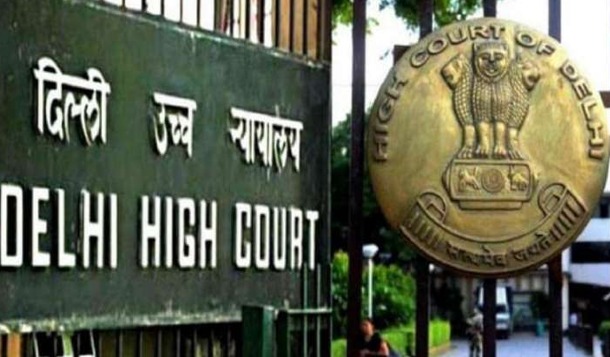
The Delhi High Court has overturned the decision made by the Motor Accidents Claims Tribunal (MACT), which had denied the insurance company the authority to sue the owner or driver of a two-wheeler involved in an accident.
The matter was heard by a single bench of Justice Rekha Palli.
The MACT had stated that a male person who is competent to drive a Light Motor Vehicle (LMV) cannot be expected to be incompetent in driving a two-wheeler, rejecting the insurance company’s argument that it is not obligated to pay anything because the rider was not in possession of a valid licence to operate the two-wheeler.
Justice Rekha Palli noted that the MACT’s conclusion was without any basis and that a person who can operate a four-wheeler cannot be assumed to be able to operate a two-wheeler because the two vehicles have quite different driving requirements.
The court stated, “Merely because respondent no. 2 held a valid licence for a Light Motor Vehicle could not imply that he was authorised or competent to drive a two wheeler,” while ruling that the MACT failed to observe that a Light Motor Vehicle and a two-wheeler have been placed in two distinct categories under the Motor Vehicles Act, 1988.
In a petition against the MACT’s order, HDFC Ergo General Insurance Co. Ltd. argued that it was obvious the driver lacked a valid licence to operate a two-wheeler due to the unrebutted testimony of the Record Clerk from the Sarai Kale Khan Transport Authority, New Delhi, and that the terms and conditions of the insurance policy were thus violated.
HDFC Ergo argued that the MACT had disregarded this while denying it recovery rights against the vehicle’s owner or driver.
According to the court, the Record Clerk from Sarai Kale Khan Transport Authority, South Zone, stated categorically before the tribunal that the private respondent was only authorised to drive a Light Motor Vehicle Transport LMV-TR (Commercial Vehicle), not a two-wheeler.
Observing that it is evident that the offending vehicle was being driven by a person who did not have a driving licence for it, the court said it was a clear case where there was a breach of the terms and conditions of the insurance policy.
“Consequently, the finding of the learned Tribunal that the appellant was liable to pay the compensation is unsustainable and is set aside. The appeal is, accordingly, allowed by modifying the impugned award to the extent it does not grant any recovery rights in favour of the appellant by directing that the appellant would be entitled to recover the awarded amount from respondent no. 2 in accordance with law,” the court ruled.




